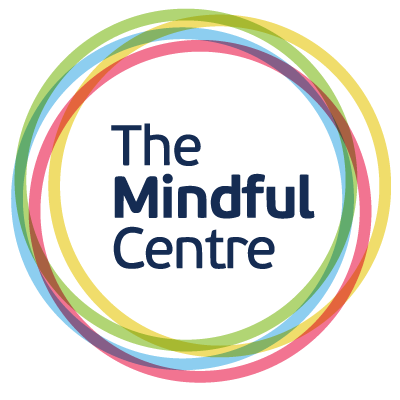Is my breathing skill effective?
This week I learnt a new skill, which I would love to share with you all.
The skill is centred around breathing. It aims at assisting us to notice when we are heightened, to assist us with recognising early warning signs, to slow down and regulate our breathing and to reduce reactivity when heightened.
If you have a moment, I encourage you to give this skill a go as you read through this blog post.
The first part of the skill is going to have you focus on recording how many breaths you take per minute.
Breaths per minute exercise:
1. Set a timer for one minute.
2. Count every breath that you take within the minute.
3. Record the number of breaths that you took within that minute
The next part of the exercise asks you to then utilise another breathing strategy. This one is called the breathing waltz. This skill focuses on counting in 3’s, like if we were waltzing.
Breathing waltz:
1. First breathe in through your nose and count in your mind ‘breathe in 1,2,3’
2. Then breathe out via your mouth and in your mind count ‘breathe out 1,2,3’
3. Repeat this for one minute.
The final part of this breathing skill asks you to repeat step 1. To repeat breaths per minute exercise. So once again, set a step watch and record how many breaths per minute you take.
Do you notice a reduction in the amount of breaths?
Did you breathing become more regulated and slower the second time around?
How many breaths per minute did you record?
Research suggests that the average person should be taking between 10-14 breaths per minute. If we are breathing more than 14 breaths per minute we are likely heightened, which can be signs of stress, anger or hyperarousal. Thus, focusing on regulated and slower breathing like we did with the breathing waltz becomes an effective strategy to reduce hyperarousal and to regulate breathing back to the normal or average rate (10-14 breaths per minute). The benefit of this exercise is we can recognise early stages of stress to then make changes to prevent reactivity, anger or emotional outbursts.
Resources:


